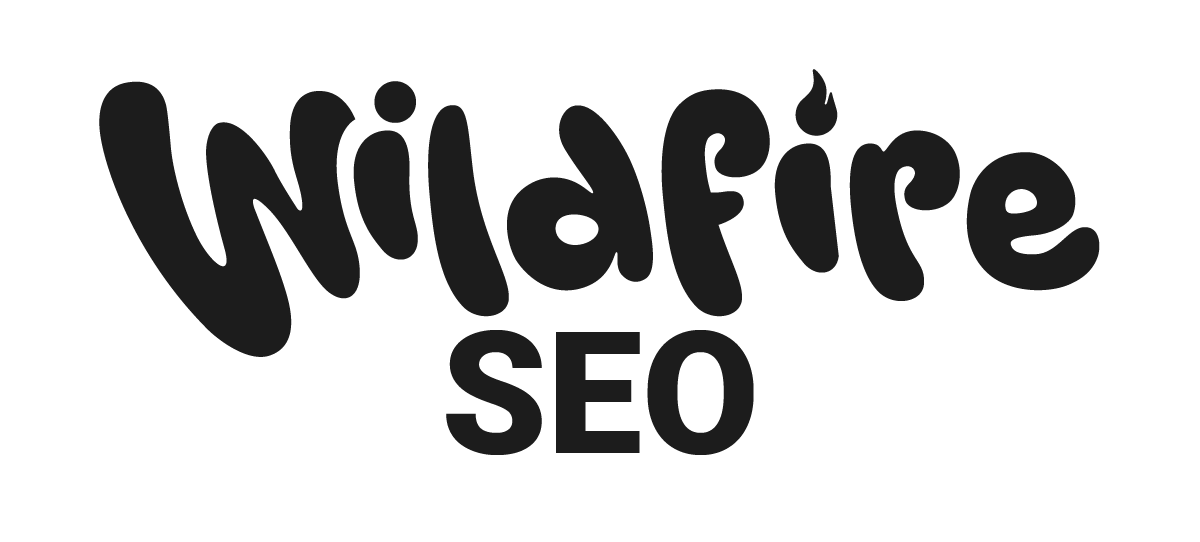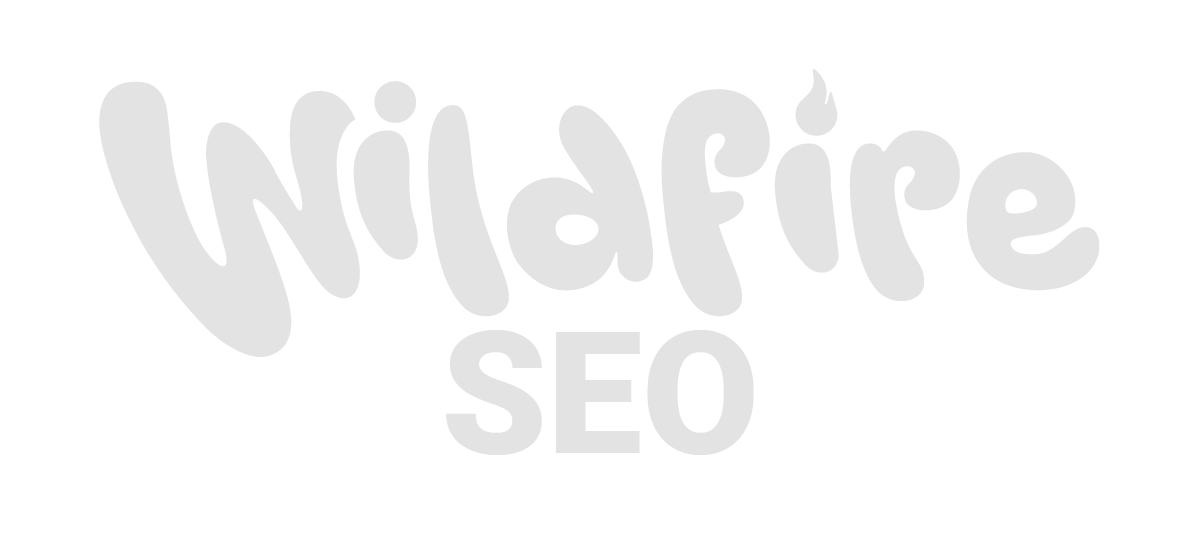
Why Smart Small Businesses Win with SEO
For small enterprises striving to carve out a profitable space in the competitive digital landscape, Search Engine Optimisation (SEO) is not merely an option, it is the strategic cornerstone of sustainable growth. The inherent advantage of SEO services for small business is that they provide a crucial bridge between limited marketing budgets and the kind of high-impact visibility that was once reserved only for large corporations. They enable companies to reach potential customers at the precise moment of need, eliminating the wasteful spending associated with broad, untargeted advertising. The true strength of this approach lies in its precision: the ability to speak to the right search query, at the right time, with content that directly addresses the user’s underlying intent.
A small business does not need to dominate the entire internet; its mandate is to dominate the moments that matter most, the micro-moments of search when a user is actively looking for a solution the business provides. By aligning SEO strategy with genuine user intent and behaviour, these companies build an authentic, authoritative presence that grows steadily and organically over time. The ultimate differentiator is not access to complex tools, but a deep, empathetic understanding of why people search, how they express their needs, and what ultimately builds the confidence and trust required for a transaction. This strategic framework is founded on several interconnected pillars that focus on depth, clarity, and authenticity over sheer volume.
The Motivation Behind the Long Tail: Precision Outperforms Volume
One of the most profound advantages small businesses gain is the ability to strategically leverage long-tail keywords. These are search phrases comprising three or more words, often including situational, urgent, or location-based modifiers (e.g., “emergency plumber near me open now” or “best custom wooden cabinets Cape Town”). While individual long-tail phrases have significantly lower search volume than a generic, short-tail term like “plumber” or “cabinets,” their collective volume makes up the vast majority of all web searches. Crucially, they reveal a user’s advanced intent and readiness for action.
Long-tail keywords matter because they embody higher intent:
- Intent Reveals Readiness: A generic search for “SEO services” suggests exploration. A long-tail search for “affordable local SEO services for small business Pretoria” signals a user who has conducted their research, defined their problem, and is now in the commercial investigation or transactional stage of their journey. They are ready to convert.
- Precision Outperforms Volume: While short-tail keywords generate massive traffic, they also carry overwhelming competition and low conversion rates because the user’s intent is ambiguous. Long-tail phrases, conversely, offer less competition and dramatically higher conversion chances. The traffic is lower, but it is precisely targeted, highly qualified, and exponentially more valuable.
- Context Builds Connection: The additional words in the long tail provide critical context, location, urgency, a specific symptom, or a detailed product specification. This context allows a small business to create content that speaks directly to that niche need, fostering an instant connection and building trust faster than a generic competitor ever could.
Research consistently backs this up. Studies have shown long-tail keywords can yield around $2.5 times higher conversion rates than broad keywords, with some niche long-tail phrases converting as high as $36. SEO services for small business emphasise the long tail not because it’s the easier path, but because it is unequivocally the smarter, most profitable one for a company with a defined, local, or niche offering. It shifts the focus from winning a popularity contest (which favours big brands) to winning the specific, high-value decision moments (which favours the specialist).
Search Intent: The “Why” Behind Every Query
At the core of all effective SEO lies the principle of Search Intent: the fundamental goal or reason a user has for conducting a particular search query. Recognizing and categorising this intent is the non-negotiable foundation of a strategy designed for conversion. Users move through a funnel of exploration, from initial curiosity to final purchase, and their query terms change at each stage.
The four primary types of search intent are:
- Informational: The user is seeking an answer to a question (e.g., “what is a topic cluster,” “symptoms of a leaky faucet”).
- Navigational: The user is looking for a specific website (e.g., “Wildfire SEO login,” “Google Maps”).
- Commercial Investigation: The user is researching products or services before a purchase (e.g., “best small business SEO agency Cape Town,” “reviews of [Product X] vs [Product Y]”).
- Transactional: The user is ready to buy or take a specific action (e.g., “buy custom website package now,” “book emergency plumber”).
For small businesses, the focus must be strategically concentrated on Commercial Investigation and Transactional intent. While informational content is essential for building authority (as discussed below), the immediate value driver is the traffic that signals a user is close to opening their wallet. By designing product pages, service pages, and case studies around keywords that carry this strong commercial signal, a small business attracts traffic that converts into quality leads and paying customers, transforming visibility into measurable business value.
Content built with true intent-alignment achieves higher engagement, superior dwell time (how long a user stays on the page), and ultimately, higher conversions. Intent isn’t merely a keyword tag; it is the fundamental business driver that dictates the content, tone, and call-to-action on every page of a website.
Topic Clusters: Building Structure and Authority
For a small business to be taken seriously by search engines, it must demonstrate topical authority, proof that it is a trusted, comprehensive resource on a specific subject. This is achieved not through technical tricks, but through a content organization model known as Topic Clusters. This strategy moves away from the old model of targeting one keyword per page and instead groups content around a broad central theme, creating a structured relevance network.
A Topic Cluster consists of two main elements:
- Pillar Page: A comprehensive, high-level overview of a broad subject (e.g., “Complete Guide to Digital Marketing for Small Businesses”). This page targets a broader head term and links out to all the related cluster content.
- Cluster Content (Sub-Pages): Individual, in-depth articles or pages that drill down into specific subtopics (e.g., “How Long-Tail Keywords Drive ROI,” “Mastering Local SEO with Google Business Profile,” “The Role of Technical SEO in Site Speed”). These pages target specific, long-tail keywords and all link back to the Pillar Page.
This structure is a game-changer for small businesses because it builds a coherent expertise signal to search engines.
- Coherence Builds Credibility: By interlinking all related content, the business signals that it has covered the topic exhaustively, establishing credibility.
- Depth Encourages Discovery and Engagement: Users who land on a cluster page are naturally guided to other related content, increasing dwell time and reducing bounce rates.
- Repetition Reinforces Expertise: The collective signal from dozens of interlinked, high-quality pages on a single theme makes the business appear larger and more consistent in its knowledge than its actual size might suggest.
SEO services for small business focus on implementing this architecture, ensuring the small, specialised firm can out-think, not outspend, its larger competitors by becoming the undisputed authority within its chosen niche.
Keyword-to-Page Mapping: Focused Discipline for Conversion
The strategic value of professional SEO services for small business lies in disciplined, methodical execution. Keyword-to-Page Mapping is the foundational process that separates effective, strategic SEO from scattered, wasted effort. It is the practice of meticulously assigning a single, primary concept and its related search intent to a specific web page.
This discipline ensures clarity for both the user and the search engine:
- User Clarity: When a user clicks on a search result, they expect the destination page to perfectly match their intent. Mapping ensures the content on that page is relevant to the keyword cluster, dramatically improving the user experience (UX) and conversion rates.
- Search Engine Clarity: Search algorithms want to know the single, most authoritative purpose of any given page. When a page attempts to rank for multiple, unrelated keywords, its focus is diluted, and it struggles to rank for anything effectively. Focused mapping allows the page to build authority for one specific concept, making it a stronger contender in the SERPs.
For the resource-conscious small business, this level of focused discipline is not a mere checklist item; it is foundational to maximising the return on every piece of content created.
Customer Language Research: The Core of Authentic Relevance
The most powerful tool in the small business SEO arsenal is neither software nor an algorithm, it is the authentic language of the customer. Language is owned by the people who use it to describe their problems, not by the business trying to sell a solution.
SEO services for small business that excel in this area go beyond keyword tools to mine genuine customer vocabulary by:
- Analysing Reviews and Testimonials: Extracting the exact phrases customers use to describe the pain points they experienced and the relief the service provided.
- Scouring Industry Forums and Social Media: Discovering the common questions, jargon, and emotional language used when users discuss a need.
- Interviewing Sales and Support Staff: Capturing the raw, unfiltered way a customer first articulated their problem during a call or email.
The strategic benefits of using this authentic language are immense:
- Drives Authenticity and Trust: When a user sees their exact search phrase and emotional context mirrored back to them in the title, headings, and body of a page, they feel immediately understood. This emotional resonance is a powerful trust-builder.
- Boosts Engagement: Content that sounds like the customer is talking to a knowledgeable friend is more engaging than generic marketing-speak.
- Improves Visibility: By mirroring user queries, especially the unique, long-tail questions often found in speech or chat, the business improves its chances of being the exact, perfect match for the search algorithm.
This human-centered approach shifts communication from being generic to being deeply empathetic, creating a real differentiation that builds loyalty and drives the business forward.
Efficiency, Empathy, and Endurance in SEO
All of these strategic methods, the long-tail focus, the intent-driven content, the authority-building topic clusters, and the use of authentic customer language, are designed for sustainable, compounding growth. Unlike paid advertisements, which generate quick traffic that vanishes the moment the budget runs out, SEO built on these pillars is a lasting digital asset.
Small businesses achieve relevance in highly specific searches, resulting in less wasted clicks and a perpetually lower customer acquisition cost over time. The enduring value of SEO lies in its efficiency and its endurance.
Wildfire SEO: Providing world class services
Wildfire SEO delivers comprehensive SEO and digital marketing solutions, specializing in on-page and off-page optimisation, competitor and keyword research, and market analysis to drive targeted, high-value organic traffic and maximise ROI. We create visually appealing, sales-focused websites and develop data-driven strategies tailored to each client’s unique goals, helping businesses across diverse industries generate quality leads and improve search engine visibility with customized, results-oriented campaigns.
The Human Core of SEO
The enduring lesson is that seo services for small business is fundamentally an empathetic discipline. It connects human curiosity and need with business relevance. The goal is not to outshout larger brands in the noisy digital space, but to outthink them by being more aligned with the precise, high-intent moment of the customer. Brands that listen and respond authentically gain meaningful, bottom-line-driving visibility. The right seo services for small business empower these companies to achieve sustainable organic growth.
For example, a case with Wildfire SEO found that shifting focus from generic to specific location-plus-need queries resulted in fewer overall visitors but a significant increase in highly qualified enquiries and bookings. This is the core metric of small business SEO success: driving better outcomes, not just higher vanity metrics
SEO is empathetic, not just technical. If you’re ready to speak directly to your ideal customer’s decision moment, contact Wildfire SEO to layer relevance, alignment, and authenticity into your presence, and become the business they already needed.



